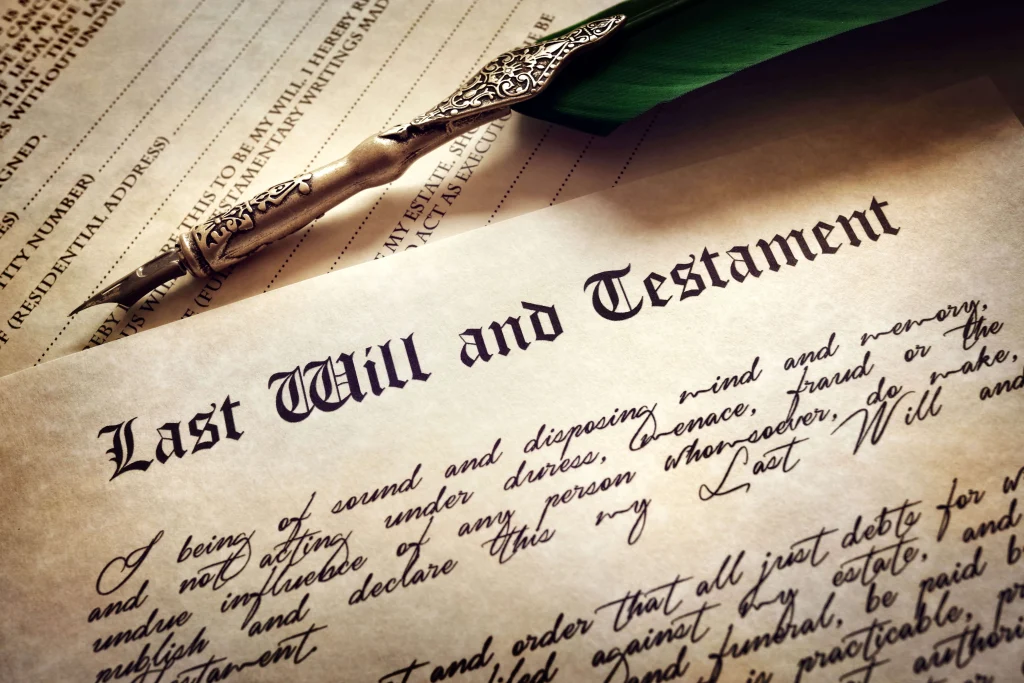In the Philippines, there is an estate tax that must be paid in order to lawfully transfer ownership of the real estate to the new owner. An estate tax is not a tax on property but rather it is a tax on the decedent’s right to distribute his or her assets to their compulsory heirs and beneficiaries at the time of death, as well as on some transfers that the law considers to be equal to a testamentary placement.
There are important ways when transferring ownership and vital steps to be put into consideration for all the properties of the deceased owner that will be then transferred to all the heirs. Regardless of what kind of inherited property, may it be land somewhere in Metro, Cavite house and lot, or small personal property in Tagaytay. With that, it serves as a solid reason to know about inheritance tax. Knowing the Philippine law on inheritance property will be a great advantage, especially when undergoing significant procedures such as when complying with all the necessary documents, estate tax amnesty, and anything connected to estate taxes.
Want to know more about the law on property inheritance in the Philippines? This article is perfect for those who want to learn about this topic! It will be discussed here the various important things that are connected to estate taxes and how they should be settled. Perhaps there are lots of questions in relation to this topic. So let’s get started, shall we?

What to Do When Real Estate Property Is Being Inherited?
The mandatory heirs which are the spouse and children will automatically receive the decedent’s inheritance upon death under the Philippine law of intestate succession, it is when the decedent left no testament. Real estate and personal belongings that belonged to the deceased person are both included in the estate.
Want to develop or sell inherited properties? Before the heirs can do so, they must first transfer ownership of the properties registered in their names. On top of that, the immediate family should be familiarized with estate tax which will be discussed next.
What is Estate Tax?
The estate tax in the Philippines is six (6) percent of the entire net estate value. The amount that the person calculated by adjusting the variables is now the estate tax value. In order to lawfully transfer property to their name, an individual who inherits real estate in the Philippines must pay an estate tax. Estate taxes are paid by the executor, administrator, beneficiaries, or heirs. Property transfers to heirs or beneficiaries will not be carried out until the estate taxes have been paid.

Moreover, the estate tax return is typically due nine months after the date of death. If requested prior to the due date and the estimated accurate amount of tax is paid prior to the due date, a six-month extension is available. Thus, if the entire year has passed and the person responsible for it did not settle the Real Property Taxes, Section 255 of RA 7160 states that taxpayers who neglect to pay taxes shall face sanctions. The taxpayer must pay a 2% interest penalty on the remaining percentage every month until the obligation is completely satisfied.
What is the Procedure for Acquiring Possession of an Inherited Home in the Philippines?

Extrajudicial settlement of the estate
In the absence of a will, the heirs must sign an Extrajudicial Settlement of Estate (EJS), a notarized legal document that lists the assets that constitute the decedent’s estate and the agreed-upon method of dividing the estate among the legal heirs. This usually indicates that the owner is no longer alive, confirmed through a death certificate, and left with no will, and no debt. The deed specifies how the legal heirs are associated with the decedent, provides a thorough description of the property, and includes the heirs’ notarized signatures.
Following that, they must submit an Estate Tax Return (ETR) and pay the applicable estate tax to the Bureau of Internal Revenue. Upon verification of the ETR, the BIR will issue a Tax Clearance, authorizing the Registrar of Deeds to transfer the title of the possessions to the successors.
Settle Estate Taxes
The estate tax is significant because the deceased person’s assets or estate cannot be passed to the heirs without paying the estate tax. Even if there is already a potential buyer, the successors are prohibited from transferring the property into the buyer’s name or selling it if the title has not yet been placed into their names. The estate tax, however, turns out to be a nuisance for the heirs because of the high tax rates. The perks of their property inheritance are limited to the heirs. Good thing is that there’s an estate tax amnesty act.
Did you know that the government offers estate tax amnesty? The policy addresses three issues: inheritance tax amnesty, general tax amnesty, and delinquency tax amnesty. Taxpayers who take advantage of the tax amnesty may be exempt from penalties and surcharges, as well as any further civil, criminal, and administrative penalties imposed by the National Internal Revenue Code (NIRC).
Accomplish Other Following Documents
The filing of the transfer of ownership is now one step closer to completion. The successors may also need to arrange the following documents: TIN of Estate, Proof of Payment (if applicable), Make copies of the death certificate subject to submission/presentation of the original, or a copy or original Affidavit of Extrajudicial Settlement of Estate (if the estate has been resolved extra-judicially, Self Adjudication), Court Order, and sworn declaration of the estate’s entire assets. Furthermore, there are applications that must be completed then taxes will be computed based on the papers you presented and must be paid to the bureau’s accredited partner banks.
By accomplishing all the necessary documents, heirs will then receive Certificate Authorizing Registration (CAR). With this certificate, it is declared that the heir is fully reimbursed and recognized as the new owner of the inherited property by the government. This will be released by other following documents that will prove that the property is successfully transferred.
Real estate investment is truly a good deal in today’s time. With that, people should be knowledgeable about this kind of matter. There are properties such as Cavite house and lot that are definitely worth every penny because of their strategic location that offers accessibility to every resident. Cavite house and lot of Crown Asia is known for having a world-class themed community and having the right balance of rural and urban life
Read more: How to Transfer Property Titles in the Philippines


